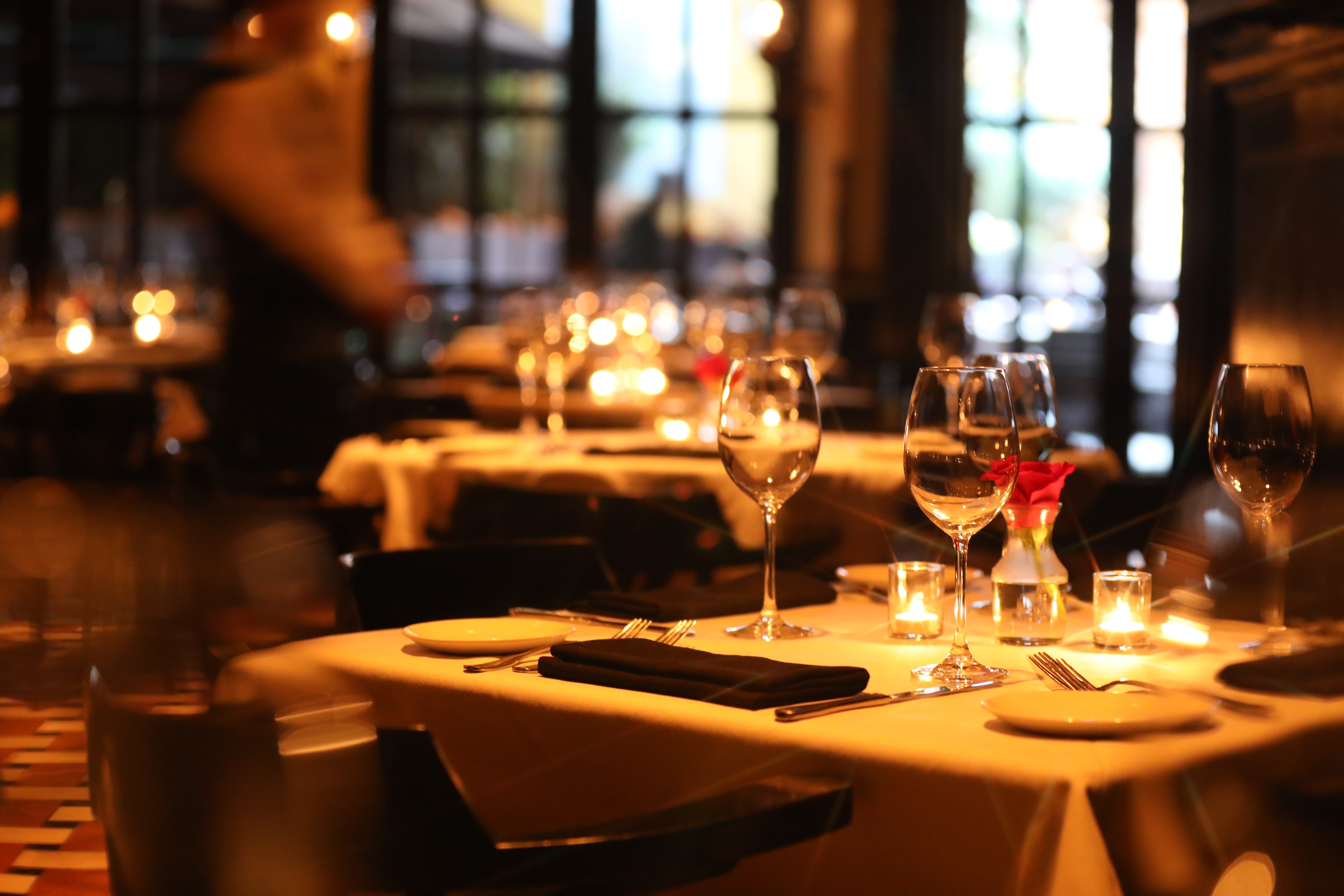
The vibrant Chicago restaurant scene was stunned last December when news broke that one of the city’s – and the country’s – finest restaurants had closed. Awarded the top accolade from the Michelin Guide in 2017 when it obtained the coveted third star, Grace was one of only two restaurants in the city to hold the rating.
But then just before the holiday season, news emerged that Grace owner Michael Olszewski had fired sommelier Michael Muser at the end of November and on 19 December chef Curtis Duffy walked out. The rest of the staff followed in solidarity.
Trouble brewing
Barely a month after the closure, little is known about the circumstances Duffy and Muser left when they walked out; it seems clear, however, that trouble had been brewing for some time.
Some details have transpired about the legal agreements and the 10-year contract signed by the pair. They appear to have grown discontent with the way things were going – claims of their creativity being stifled, which have been strenuously denied by Olszewski who has spoken to the press extensivly since the news broke – and made attempts to break from the contract.
Duffy spoke with Chicago magazine Make It Better shortly after the messy break-up, explaining that there was already plans in the making for a new restaurant. He and Muser would be opening a new better place that would make Grace “look amateurish,” he said.
For his part Olszewski intends to open another restaurant in the same West Loop space in due course.
Words of caution
Chicago’s only other restaurant to hold three stars Alinea seems less likely to run into the same trouble – and there may be a lesson for other potential chef/investor partnerships here. Jointly owned by chef Grant Achatz and co-founder Nick Kokonas, Alinea is a great example of a well run partnership.
Speaking of restaurants generally, Kokonas sounds a word of caution for potential investors – and the chefs – joining forces in a restaurant. “I would like to highlight the word business,” he says. “Even the most talented painter needs to buy the materials of their trade – canvasses, paint, brushes, etc. A successful restaurant makes money and reinvests it into the experience created for diners through service and cuisine. In order to create a great restaurant, you need to create a great business.”
His advice is for both parts to do some research before jumping into a partnership.
“If you are a chef, find a partner who is as talented in managing a business as you are in cooking. As for investors, no matter how great the chef or sommelier, understand that a restaurant is just like your core business and has the same requirements. I see a lot of restaurants failing – and owners griping – when really no one was at the helm of the ship beyond the kitchen and dining room. The public and the reviews never see that, but it’s critical.”
Speaking to Foodservice Consultant last year Kokonas described the mutual respect as the vital ingredient of his partnership with Achatz. “There are things he knows a lot better how to do than I do and even if I have a strong opinion about something, I have to realise he runs the Alinea kitchen and he knows a lot better than I could ever do,” he said. “I defer that judgement even if I do disagree with it and most of the time that is the right thing to do. And vice versa too. You have to have trust and mutual respect and once you have those two things you are good.”
Tina Nielsen




